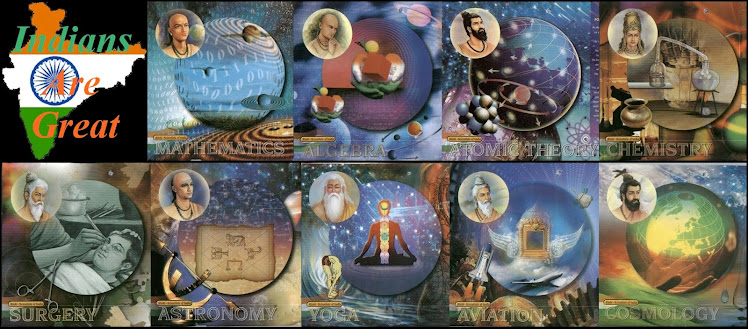| Source: News Bharati |

Mumbai, November 11: India-born scientist Har Gobind Khorana, who won the 1968 Nobel Prize in Physiology or Medicine, died of natural causes in Concord, Massachusetts, United States on Wednesday morning, the Massachusetts Institute of Technology (MIT) announced on its website.
He was 89. He is survived by his daughter Julia and son Dave. His wife Esther Elizabeth Sibler had died some time ago. A memorial service is being planned, the announcement by MIT News said.
Khorana was MIT’s Alfred P. Sloan Professor of Biology and Chemistry emeritus. He had devoted much of his scientific career to unraveling the genetic code and the mechanisms by which nucleic acids give rise to proteins.
“Gobind was a brilliant, path-breaking scientist, a wise and considerate colleague, and a dear friend to many of us at MIT,” said Chris Kaiser, Mac Vicar Professor of Biology and head of the Department of Biology, in an email announcing the news about Khorana's passing away to the department’s faculty.
Khorana was born in 1922 in Raipur village of that part of Punjab which is now part of Pakistan, the youngest of five children born to a "patwari". His father ensured that the children were educated and they were practically the only literate family in the village of about 100 people.
After attending high school in Multan, he took a bachelor's degree in 1943 and a master's degree in 1945 in chemistry and biochemistry. He then received a fellowship from the Indian government to study at the University of Liverpool in the United Kingdom, where he received his Ph.D. in 1948.
He did post-doctoral work at Switzerland’s Federal Institute of Technology, where he met Esther, whom he married. After taking up a post-doctoral position in Cambridge for some time, Khorana and his wife moved to Vancouver in Canada, where he worked at the British Columbia Research Council in 1952.
Khorana spent eight years in Vancouver, carrying out pioneering work on proteins and nucleic acids before moving in 1960 to the University of Wisconsin at Madison in the US, where he became co-director of the Institute for Enzyme Research.
The work he and his colleagues did at the institute on the RNA codes for the synthesis of proteins led to the Nobel Prize in 1968, which he shared with Robert Holley of Cornell University and Marshall Nirenberg of the National Institutes of Health.
According to MIT News, Khorana was among the pioneers of the now-familiar series of three-nucleotide codons that signal to the cell which amino acids to use in building proteins — for example, uracil-cytosine-uracil, or UCU, codes for the amino acid serine, while CUC codes for leucine.
It said that, after discovering this key biological code, Khorana became interested in replicating the process synthetically. In 1970 he joined MIT, where he continued at the forefront of the ballooning field of genetics. Soon after arriving at MIT, Khorana - along with colleagues - announced the synthesis of two different genes crucial to protein building.
In 1976, they achieved a major breakthrough by managing to complete the synthesis of the first fully functional manmade gene in a living cell. This method of chemically synthesizing genes made possible controlled, systematic studies of how genetic structure influences function.
MIT News said that, in the decades that followed, Khorana became interested in other cellular components, including bio membranes and, in the visual system, rhodopsin — the pigment on the eye’s retina that is responsible for the first step in the biological perception of light. He retired from the MIT faculty in 2007.
In addition to his strong research ethic, Khorana took pride in mentoring younger scientists. “Even while doing all this research, he was always really interested in education, in students and young people,” his daughter Julia said.
“After he retired, students would come to visit and he loved to talk to them about the work they were doing. He was very loyal to them, and they were very loyal to him, too," MIT News quoted her as saying.


No comments:
Post a Comment